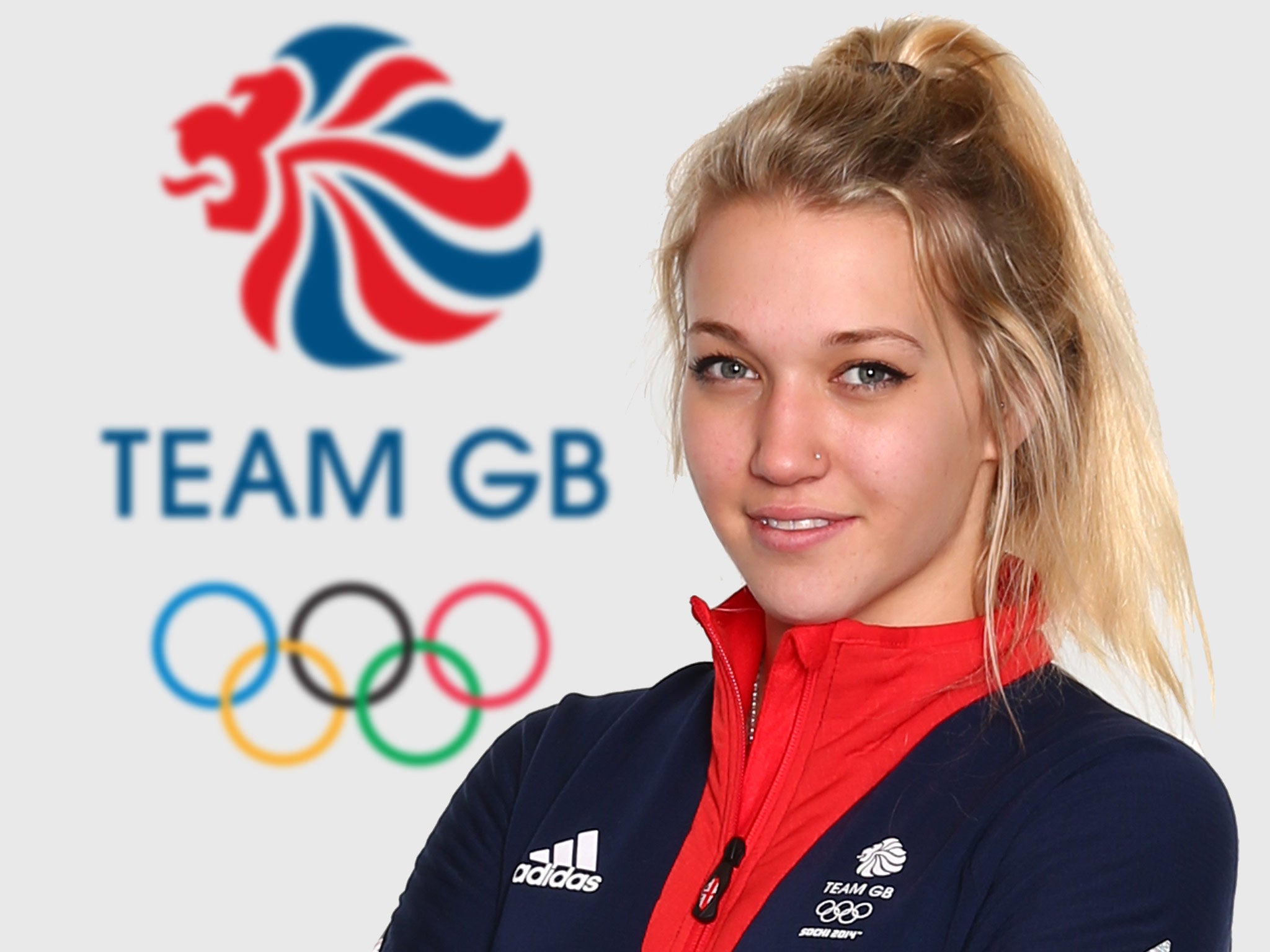Winter Olympics 2014: British halfpipe skier Rowan Cheshire knocked unconscious
The incident happened during training at the Rosa Khutor Extreme Park

Your support helps us to tell the story
From reproductive rights to climate change to Big Tech, The Independent is on the ground when the story is developing. Whether it's investigating the financials of Elon Musk's pro-Trump PAC or producing our latest documentary, 'The A Word', which shines a light on the American women fighting for reproductive rights, we know how important it is to parse out the facts from the messaging.
At such a critical moment in US history, we need reporters on the ground. Your donation allows us to keep sending journalists to speak to both sides of the story.
The Independent is trusted by Americans across the entire political spectrum. And unlike many other quality news outlets, we choose not to lock Americans out of our reporting and analysis with paywalls. We believe quality journalism should be available to everyone, paid for by those who can afford it.
Your support makes all the difference.Britain’s Rowan Cheshire, a freestyle skier, was knocked unconscious in training on Sunday, one of four accidents on the slopes of the Rosa Khutor Extreme Park the day after Russia’s Maria Komissarova broke her back.
Team GB doctors decided to send the 18-year-old to hospital last night as a precaution. Cheshire, one of the youngest members of the British team, was preparing for her debut in Thursday’s ski halfpipe when she landed on her face as she came off one of the course walls. She was carried off on a stretcher and taken to the athlete’s Mountain Village, which sits at the top of the course. After an examination she was sent to the hospital in Krasnaya Polyana, an 15-minute drive down the mountain. A decision will be made later whether she is fit to compete.
Earlier in the day two snowboarders were carried off the same course on which Komissarova fell. The Norwegian Helene Olafsen was taken to hospital with a knee injury after her second accident in three days, while Jacqueline Hernandez of the US was knocked out during the seeding run for the snowboard cross. An aerial skier, Christopher Lambert, was also taken to hospital with an elbow injury after falling badly on the neighbouring course.
Cheshire, one of Team GB’s ‘Fridge Kids’, became the first British woman to win a halfpipe World Cup last month and arrived here as a medal contender. A statement from the British Olympic Association said: “After examination by Team GB medical personnel it is confirmed that she has a concussion and, as a precaution, will stay at a local hospital overnight for further evaluation. She will be evaluated further during the coming days before a determination is made about her fitness to compete.”
Komissarova, who competes in ski cross, which uses the same run as the snowboarders, crashed in training on Saturday. The Russian, who was visited in hospital by President Vladimir Putin, is in a “grave and stable” condition after a six-hour emergency operation at the nearest hospital to the park. She fractured a dorsal vertebrae in her lower back and has had a metal implant inserted. Last night she was airlifted to a hospital in Germany to continue treatment.
“Her condition remains grave but stable,” said Mikhail Verzhba of the Russian freestyle ski federation. “It’s considered satisfactory, taking into account the gravity of the trauma.”
It is the starkest reminder yet at these Games of the risks involved in many winter sports. There are few athletes who have not spent time in hospital, albeit few have had as serious an injury as suffered by Komissarova.
Britain’s Zoe Gillings, who finished ninth in the snowboard cross yesterday after missing a place in the final on a photo finish, has had a string of setbacks throughout her career.
“The biggest one was crushing my left foot in 2005,” said the 28-year-old Gillings. “All the bones in middle of it were like cornflakes, apparently. I’ve had a torn ligament in my knee, torn cartilage in my other knee, ligaments in my shoulder, six concussions, collarbones. My foot injury was particularly bad and very rare, but the rest are common.
“If you haven’t got a lot of courage you won’t get over the first couple of jumps. When you race there’s so much to think about that the danger doesn’t fit into your brain. Gradually the jumps have got bigger. When I first started competing they were way smaller.”
Komissarova’s accident happened near the top of the 750m course, a series of jumps and steeped curves of banked snow. “She fell on the ‘waves’,” said Natalia Corona, head of the Russian freestyle skiing team. “This is not the hardest part of the route. Apparently, the athlete was preparing for more complex elements, relaxed and got injured on relatively simple ones.”
That in itself demonstrates the potential danger in these events. But none here seem likely to be deterred.
“It doesn’t make me want to stop,” said Gillings. “As long as it’s an injury I can recover from then I’ll keep going.”
Join our commenting forum
Join thought-provoking conversations, follow other Independent readers and see their replies
Comments